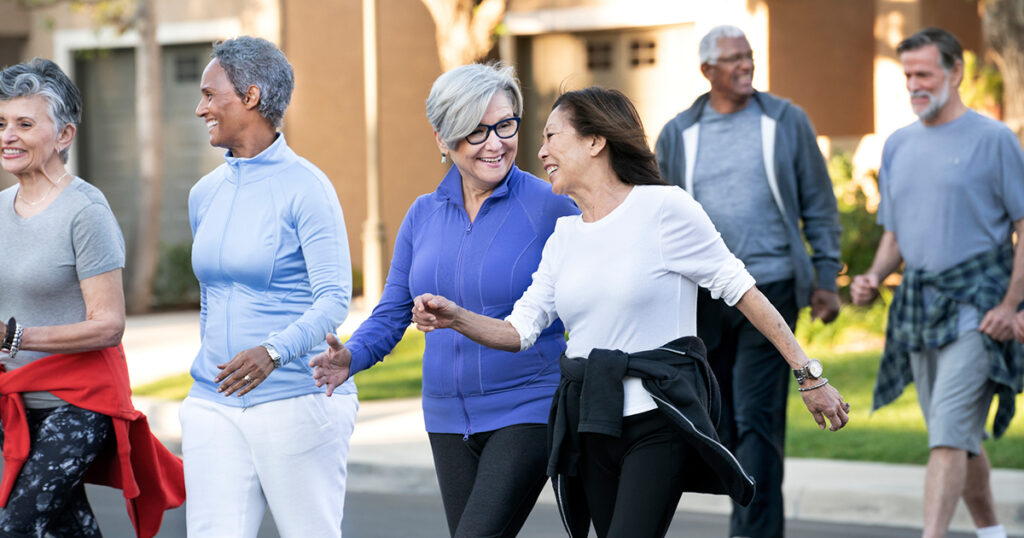Although falls become more common as we age, they are not a normal part of aging. It is more likely to occur in people who have already fallen. Avoiding activities that can increase your risk of falling, such as climbing stairs, can be counterproductive because you're more likely to fall if you feel unwell.
“Anyone age 65 or older who has fallen or is at risk of falling should undergo a fall prevention and bone health evaluation,” Rosen says.
Cedars-SinaiThe Bone Health Program provides fall risk assessments for patients at risk of fracture and those who have already suffered a fracture. During the evaluation, health care providers determine factors that may contribute to a patient's fall risk, such as poor vision, balance problems, medication side effects, and other issues.
“To prevent falls, use a night light, keep floors clear of clutter, and avoid walking around in socks or floppy slippers,” says Cass, a nurse who co-founded the Bone Health Program with Lin and Rosen. Leanne Breda said. “Be careful of rugs, electrical cords, and oxygen cords. People trip on them all the time.”
Working to improve bone density and reduce the risk of falls should help you live more independently.
“Think about the effects of a broken bone. You'll need someone to help you get dressed, get in and out of bed, go to the bathroom, and clean yourself,” says Breda. . “Be proactive in your care. You are worth it.”


